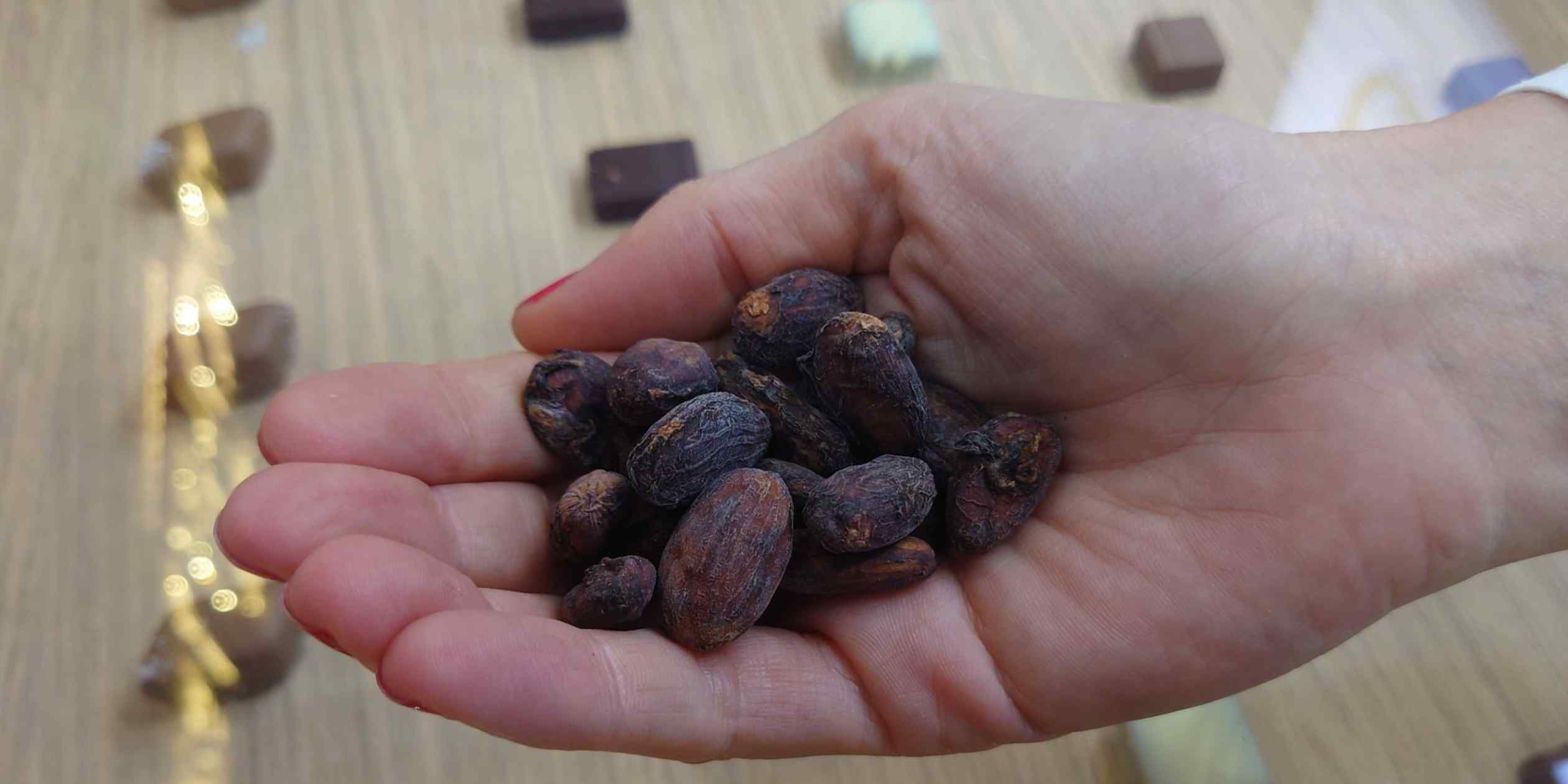Indonesia's Cocoa Crisis Reshapes Asian Chocolate Industry
Indonesia's cocoa production crisis forces Asian chocolate makers to adapt as prices triple and climate change threatens supplies. Industry leaders seek innovative solutions amid growing regional demand.

Indonesian cocoa beans being processed at a manufacturing facility as industry grapples with supply shortages
A severe cocoa supply crunch in Indonesia is sending shockwaves through Asia's chocolate manufacturing industry, with prices tripling in the past year and forcing manufacturers to seek alternatives. The crisis highlights the growing challenges of agricultural sustainability in Southeast Asia amid climate pressures.
Supply Chain Disruption Impact
Italian agro-food company Unigra reports a threefold increase in cocoa raw material costs at its Malaysian facility, forcing the manufacturer to double prices to buyers across Asia. This pricing pressure mirrors broader supply chain disruptions affecting Asian trade, though in this case driven by agricultural rather than logistical factors.
Climate Change and Production Challenges
Indonesia, Asia's largest cocoa producer, has seen harvests halved between 2015 and 2023. Export prices have surged from $3,400 per tonne in January to approximately $6,500 by September, according to LSEG data.
"Climate change is proving to be a rising issue, especially to the chocolate industry in Southeast Asia," says Jon Trask, CEO of Dimitra, highlighting how extreme weather patterns are affecting cultivation.
Regional Impact and Solutions
The situation mirrors broader challenges in resource management and economic transparency across developing regions, with Asia now processing over 1.1 million tonnes of cocoa beans while producing less than 0.3 million tonnes regionally.
Industry Adaptation Strategies
Manufacturers are responding with innovative solutions:
- Reducing cocoa content in products
- Using alternative fats from palm kernel and shea butter
- Developing cocoa-flavored substitutes
- Implementing technological solutions for supply chain management
Future Outlook
Industry experts predict continued pressure on supplies and prices, with climate change expected to further challenge production. Companies are increasingly focused on sustainable farming initiatives and technological innovation to address these challenges.
Wei-Ling Tan
Tech and economy specialist, covering innovation in Southeast Asia from Singapore for both English-language and regional media outlets.
